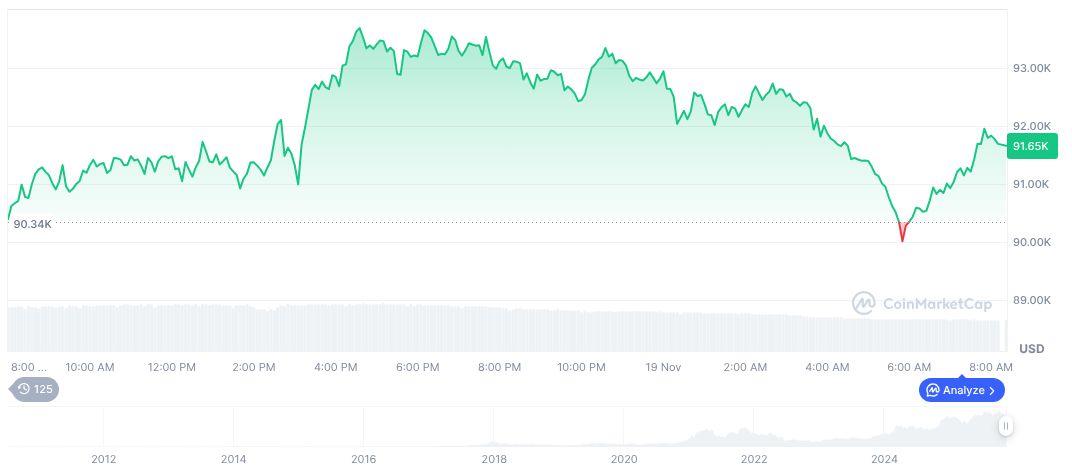Key Developments in Cryptocurrency Adoption and Policy
Central banks in the Czech Republic and Luxembourg have begun acquiring cryptocurrency assets, signaling a growing institutional trust in the sector. Li Hua Yi, a notable figure in the crypto ecosystem, connected these moves to a broader global trend toward embracing digital assets. Japan's decision to reduce its crypto tax rate to 20% is seen as part of this positive trend, encouraging further institutional and retail participation.
These changes could significantly impact the cryptocurrency market, increasing investor confidence and potentially driving prices upward. The reduction in taxation is anticipated to boost market activity in Japan, paving the way for greater participation from entities previously hesitant due to high tax burdens.
Reactions from the market have been largely optimistic. Nvidia's and Google's recent announcements are thought to have alleviated concerns over an AI-driven market bubble. Yi Lihua's prediction of Bitcoin reaching $1 million and Ethereum expanding tenfold exemplifies the bullish sentiment resonating within investor circles.
Market Overview and Bitcoin's Performance
Japan previously imposed one of the highest cryptocurrency tax rates globally at 50%. The recent reduction aligns with a broader shift towards facilitating cryptocurrency adoption and integration into mainstream finance.
Bitcoin continues its pivotal role in the digital economy. Currently priced at $92,621.42, with a market capitalization of 1.85 trillion, Bitcoin maintains a dominance of 58.73% in the market. Although it has seen a 2.76% increase in the last 24 hours, its value has decreased by 9.87% over the past week.

Research suggests that central bank accumulation and reduced taxation could foster a stabler financial environment for cryptocurrencies. This shift aligns with global liquidity trends and the increasing adoption of digital assets, pointing toward a more integrated financial future.

